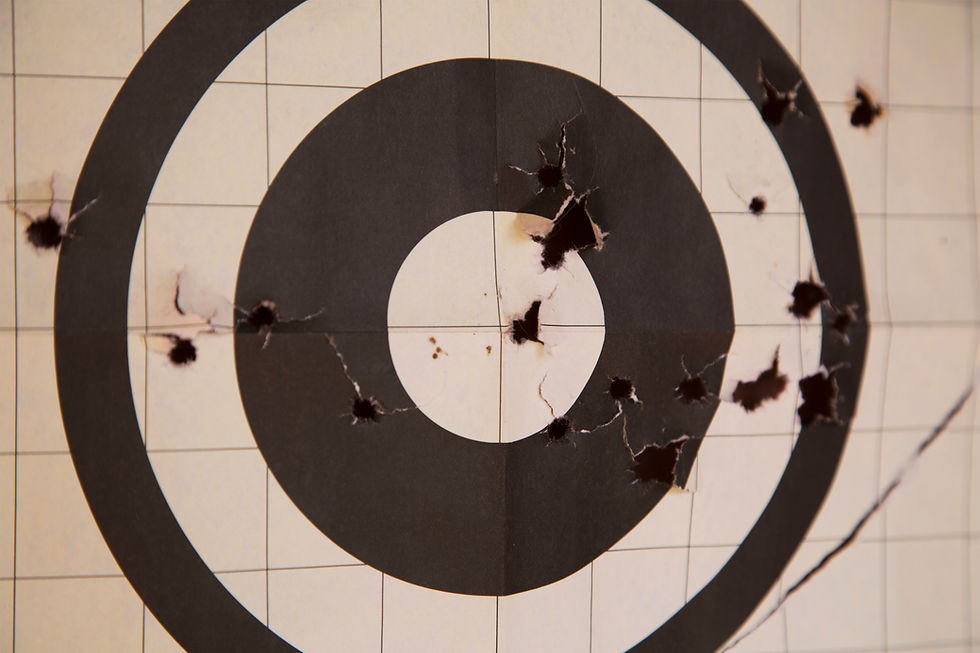Why day traders are unable to execute their own rules
- Paul Nawrocki
- Aug 23, 2025
- 2 min read

This goes right to the heart of trading psychology. Many day traders know exactly what they should do—set stop-losses, follow setups, respect risk—but in the heat of the moment they fail to execute. Here are the main reasons:
1. Emotions Override Logic
Fear: Traders fear losing money, so they hesitate to enter or close trades too early.
Greed: They hold winners too long or oversize positions, ignoring their rules.
Revenge trading: After a loss, emotions push them into impulsive trades outside the plan.
👉 In the moment, the emotional brain (amygdala) takes over from the logical brain, making disciplined execution very hard.
2. Lack of Acceptance of Uncertainty
Mark Douglas in Trading in the Zone emphasized:
“Anything can happen. You don’t need to know what will happen next to make money.”
Most traders don’t fully accept this. They secretly expect certainty, so when a trade goes wrong, they break their rules in search of control.
3. Ego and Need to Be Right
For beginners, each trade feels like a personal test. They can’t stand being wrong, so they:
Refuse to take small losses.
Move stop-losses further away.
Break their own system to “prove” they were right.
This damages discipline and destroys accounts.
4. No Habit Formation
Execution requires habits built through repetition. If a trader hasn’t practiced enough (e.g., in a simulator), their rules aren’t automatic. Under stress, they fall back on instinct—which usually means breaking the plan.
5. Poor Risk Management = High Stress
If position size is too big, the emotional stakes become overwhelming. A trader risking too much feels every tick like a life-or-death decision, making it almost impossible to calmly follow rules.
6. Short-Term Focus vs. Long-Term Probabilities
Many traders judge themselves by the outcome of a single trade instead of the bigger picture. When each trade feels like “make or break,” it’s easy to abandon rules in the moment.
✅ How to Fix It:
Trade small until you can follow rules without emotion.
Journal trades, including feelings, to spot patterns.
Build habits with repetition (practice setups dozens of times).
Accept uncertainty: your job is to execute probabilities, not predict outcomes.
Focus on process over outcome: measure success by how well you followed your plan, not by whether a trade won.







Comments